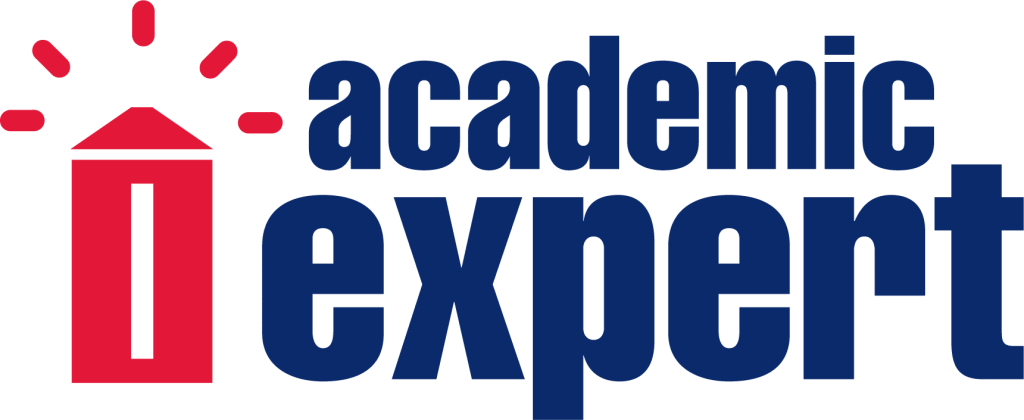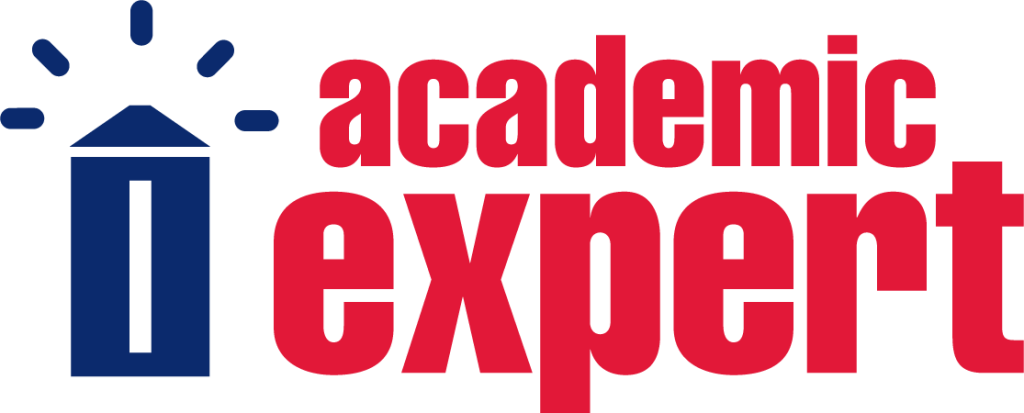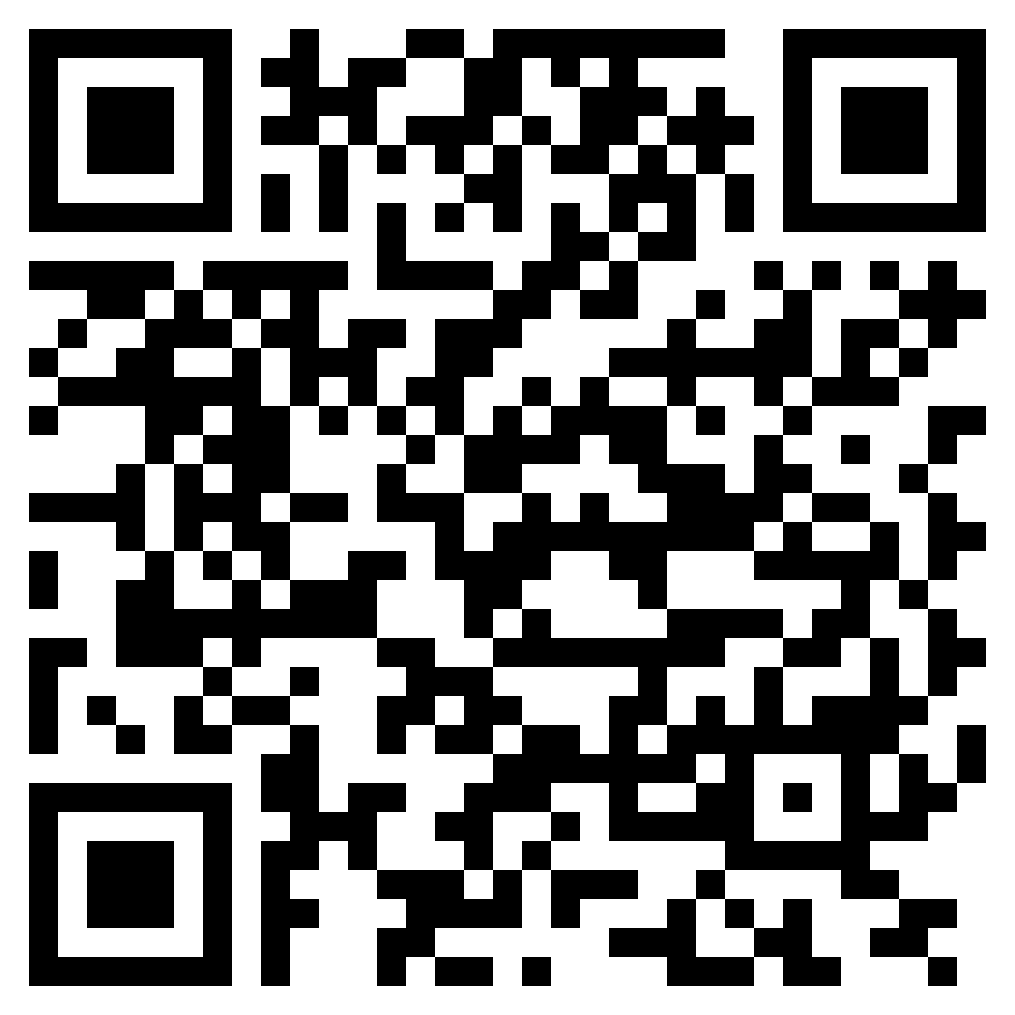CPA Exam Structure: What to Expect and How to Prepare
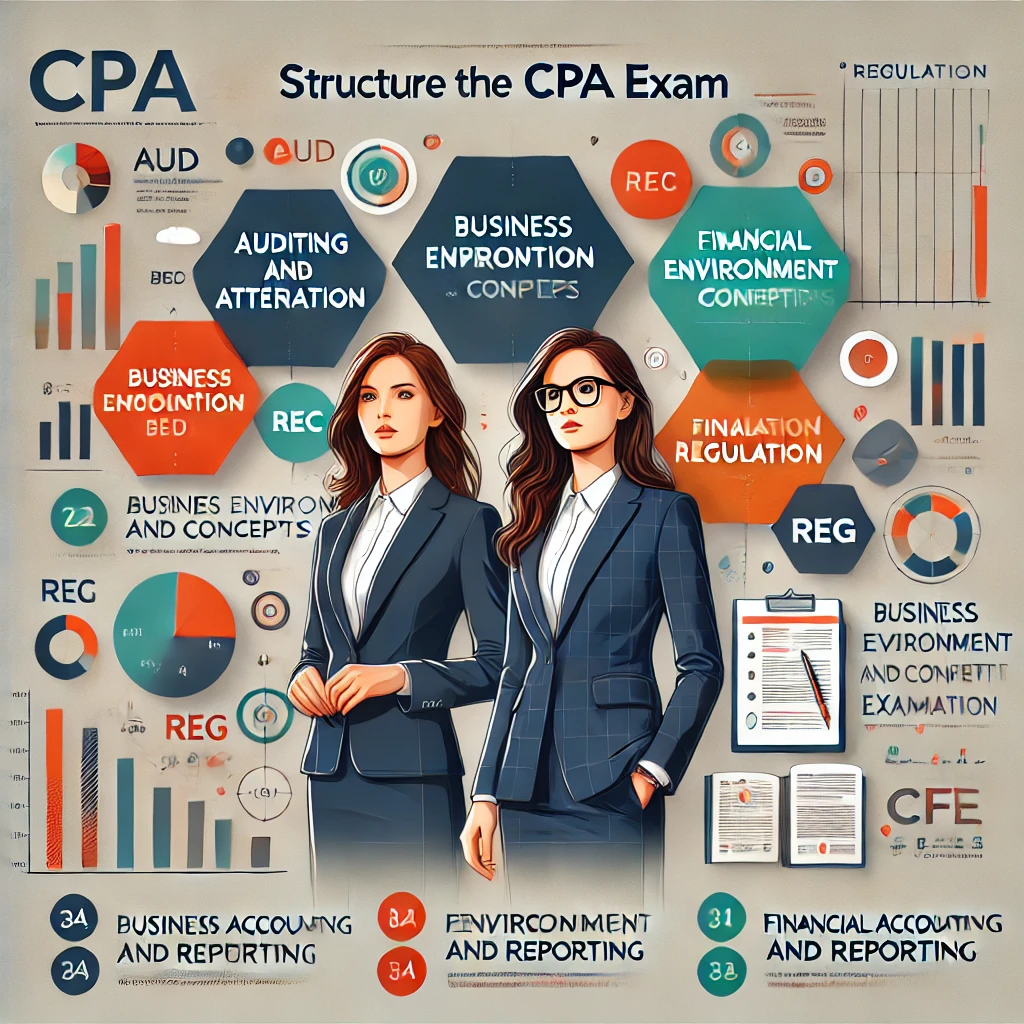
Introduction
The Certified Public Accountant (CPA) Exam is a crucial milestone for accounting professionals seeking to earn their CPA license. It’s a rigorous test that evaluates the knowledge and skills necessary to succeed in the accounting profession. Understanding the structure of the CPA Exam, what to expect, and how to prepare is key to passing it. This article provides a comprehensive guide to the CPA Exam structure, with an in-depth look at the Common Final Examination (CFE), and essential tips for success.
Understanding the CPA Exam Structure
The CPA Exam is divided into four sections, each focusing on different areas of accounting and related knowledge. These sections are:
- Auditing and Attestation (AUD)
- Business Environment and Concepts (BEC)
- Financial Accounting and Reporting (FAR)
- Regulation (REG)
Each section is designed to test specific competencies that are critical to the role of a CPA.
1. Auditing and Attestation (AUD)
The AUD section evaluates a candidate’s knowledge and skills in auditing procedures, standards, and ethics. It covers:
- Professional Responsibilities and Ethics: Understanding the AICPA Code of Professional Conduct.
- Assessing Risk and Developing a Planned Response: Identifying and responding to audit risks.
- Performing Further Procedures and Obtaining Evidence: Techniques and strategies for gathering audit evidence.
- Forming Conclusions and Reporting: Drawing conclusions from audit findings and preparing audit reports.
2. Business Environment and Concepts (BEC)
The BEC section focuses on general business concepts and the environment in which CPAs operate. Key areas include:
- Corporate Governance: Understanding the structure, responsibilities, and ethics of corporate governance.
- Economic Concepts and Analysis: Knowledge of macroeconomic and microeconomic principles.
- Financial Management: Budgeting, forecasting, and financial decision-making.
- Information Technology: The role of IT in business processes and controls.
- Operations Management: Understanding business operations and quality control.
3. Financial Accounting and Reporting (FAR)
The FAR section is considered one of the most challenging parts of the CPA Exam. It covers:
- Conceptual Framework and Financial Reporting: Understanding the principles and standards of financial reporting.
- Select Financial Statement Accounts: In-depth analysis of specific accounts such as receivables, inventory, and liabilities.
- Select Transactions: Accounting for various types of transactions, including leases, bonds, and derivatives.
- State and Local Governments: Governmental accounting standards and financial reporting.
4. Regulation (REG)
The REG section tests knowledge in federal taxation, ethics, and business law. It includes:
- Ethics, Professional Responsibilities, and Federal Tax Procedures: Understanding ethical standards and tax procedures.
- Business Law: Legal principles relevant to business operations, including contracts and agency law.
- Federal Taxation of Property Transactions: Tax implications of property transactions.
- Federal Taxation of Individuals: Individual tax rules and regulations.
- Federal Taxation of Entities: Taxation of corporations, partnerships, and other business entities.
The Common Final Examination (CFE)
The Common Final Examination (CFE) is a critical component of the CPA certification process in Canada. It is a three-day examination that assesses a candidate’s ability to apply technical knowledge, demonstrate professional judgment, and exhibit the competencies necessary for a CPA.
Day 1: The Comprehensive Case
The first day of the CFE is dedicated to a comprehensive case that requires candidates to analyze and respond to complex business scenarios. The focus is on strategic thinking, integration of various competencies, and demonstrating an understanding of the business environment.
- Key Skills Tested: Strategic analysis, problem-solving, and integration of knowledge across multiple areas.
- Preparation Tips: Practice with past comprehensive cases, focus on time management, and develop a strategy for organizing your thoughts and responses.
Day 2: The Depth Examination
On the second day, candidates are tested on their depth of knowledge in specific areas, such as financial reporting and assurance. The cases presented require a deep understanding of technical content and the ability to apply it to practical situations.
- Key Skills Tested: In-depth technical knowledge, application of standards, and detailed analysis.
- Preparation Tips: Concentrate on your chosen depth areas, review complex cases, and understand the technical standards thoroughly.
Day 3: The Breadth Examination
The third day focuses on the breadth of a candidate’s knowledge, covering a wide range of topics across different competency areas. The cases require quick thinking and the ability to address diverse issues effectively.
- Key Skills Tested: Broad understanding of various competencies, ability to address multiple issues in a limited time, and prioritization of responses.
- Preparation Tips: Review a wide range of topics, practice with time constraints, and develop a method for quickly identifying key issues in cases.
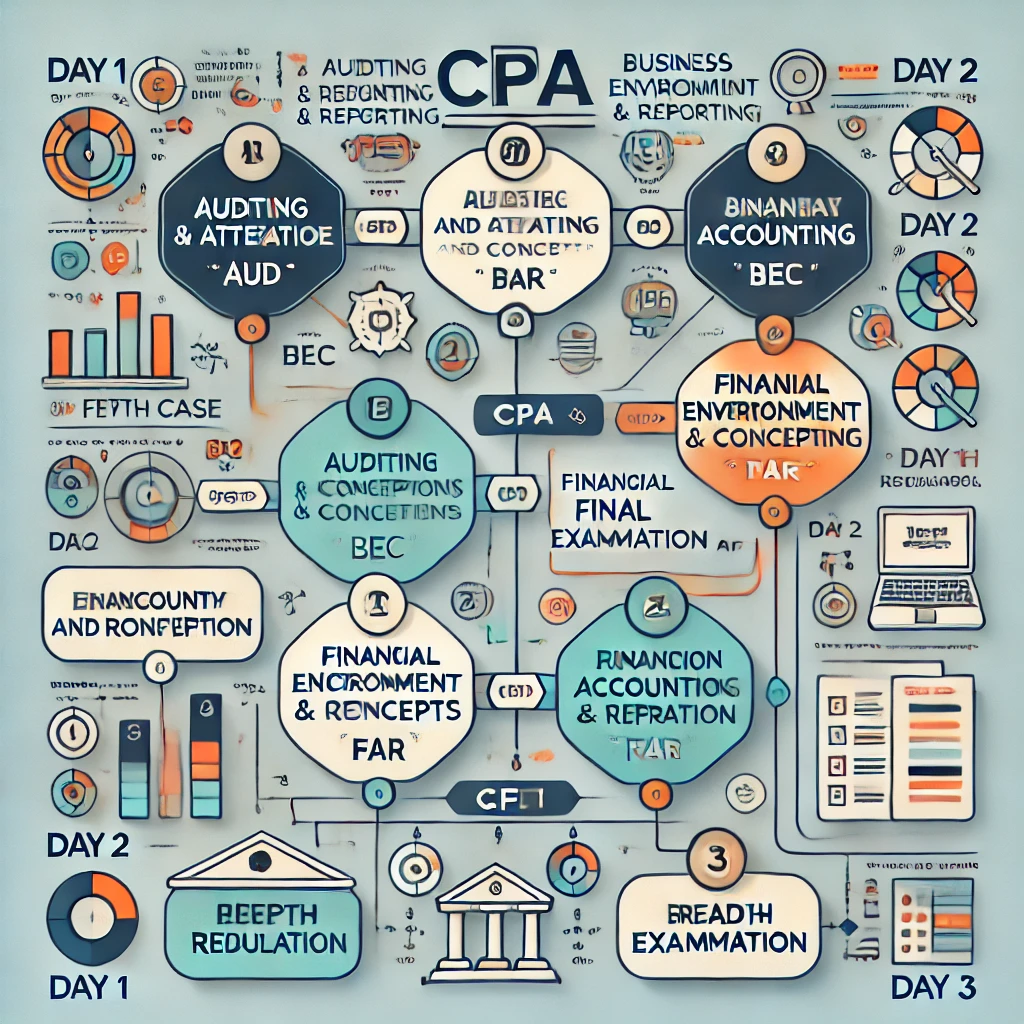
Preparing for the CPA Exam: Essential Tips
Preparation is the key to success on the CPA Exam. Here are some essential tips to help you prepare effectively:
1. Develop a Study Plan
Creating a well-structured study plan is the foundation of your CPA Exam preparation. Consider the following steps:
- Set Clear Goals: Identify what you need to achieve in each study session.
- Prioritize Content: Focus on areas where you need the most improvement.
- Break Down the Material: Divide the content into manageable sections to avoid feeling overwhelmed.
- Allocate Time Wisely: Ensure that you spend sufficient time on each section, with extra focus on challenging areas.
2. Utilize Study Materials and Resources
Investing in quality study materials and resources can make a significant difference in your preparation. Consider:
- CPA Review Courses: Enroll in a reputable CPA review course that offers comprehensive content, practice questions, and simulations.
- Practice Exams: Take full-length practice exams to simulate the test environment and identify areas for improvement.
- Flashcards and Study Guides: Use flashcards for quick reviews and study guides to reinforce key concepts.
3. Practice Time Management
Time management is crucial, both in preparation and during the exam itself. Here’s how you can manage your time effectively:
- Simulate Exam Conditions: Practice under timed conditions to get accustomed to the pressure of the actual exam.
- Prioritize Questions: Focus on answering the questions you are most confident about first, then tackle the more challenging ones.
- Review and Refine: Regularly review your performance on practice exams and refine your time management strategy accordingly.
4. Focus on Understanding, Not Memorization
While memorization is important, understanding the underlying concepts is critical for applying knowledge in real-world scenarios. Here’s how to focus on understanding:
- Conceptual Learning: Focus on the ‘why’ behind accounting principles and procedures.
- Application: Practice applying concepts to different scenarios rather than just recalling facts.
- Discussion and Group Study: Engage in discussions with peers or study groups to deepen your understanding.
5. Take Care of Your Well-Being
Maintaining your physical and mental well-being is essential for peak performance. Consider these tips:
- Healthy Lifestyle: Ensure a balanced diet, regular exercise, and sufficient sleep.
- Stress Management: Practice relaxation techniques, such as meditation or deep breathing exercises.
- Breaks and Rest: Schedule regular breaks during study sessions to avoid burnout.
6. Simulate the Exam Day
Familiarizing yourself with the exam day process can reduce anxiety and help you perform better. Here’s what to do:
- Mock Exams: Take full-length practice exams under conditions that mimic the actual test day.
- Know the Logistics: Familiarize yourself with the exam location, schedule, and rules.
- Prepare Your Materials: Ensure you have all necessary identification, tools, and materials ready for exam day.
CPA Exam Success Strategies
Achieving success on the CPA Exam requires more than just technical knowledge. Here are some strategies to help you succeed:
1. Leverage Exam Blueprints
The AICPA provides exam blueprints that outline the content and skills tested in each section. Use these blueprints to guide your study plan and ensure you are focusing on the right areas.
- Focus on Tested Topics: Concentrate on areas that are heavily weighted in the exam blueprint.
- Identify Weaknesses: Use the blueprint to identify areas where you need additional study and practice.
2. Stay Updated with Accounting Standards
Accounting standards and regulations are constantly evolving. Staying up-to-date with the latest changes is crucial for CPA Exam success.
- Regular Updates: Subscribe to accounting news sources and updates from professional bodies like the AICPA.
- Incorporate Changes: Ensure your study materials reflect the most recent standards and incorporate these changes into your preparation.
3. Use Multiple Study Techniques
Different study techniques can help reinforce your understanding and retention of information. Consider these methods:
- Active Recall: Test yourself regularly to reinforce memory retention.
- Spaced Repetition: Review material at increasing intervals to improve long-term retention.
- Mnemonics and Visual Aids: Use memory aids and visual tools to help remember complex concepts.
4. Practice Critical Thinking
The CPA Exam requires more than just rote memorization; it demands critical thinking and the ability to apply knowledge to complex situations.
- Case Studies: Work on case studies that require you to analyze situations and make informed decisions.
- Scenario Analysis: Practice answering questions that involve real-world scenarios to develop your problem-solving skills.
5. Stay Persistent and Positive
The CPA Exam is challenging, and setbacks are common. Staying persistent and maintaining a positive mindset is key to overcoming obstacles.
- Resilience: If you don’t pass a section, analyze your performance, identify areas for improvement, and retake the exam with renewed focus.
- Support System: Surround yourself with supportive friends, family, or study groups who can encourage you during the process.
- Celebrate Milestones: Acknowledge and celebrate small victories along the way to stay motivated.
Conclusion
Passing the CPA Exam is a significant achievement that requires thorough preparation, dedication, and a strategic approach. By understanding the exam structure, mastering the Common Final Examination (CFE), and following the essential tips for success, you can increase your chances of passing the CPA Exam and advancing your career in accounting. Stay focused, use the resources available to you, and approach the exam with confidence.
CPA Exam FAQs
1. What is the CPA Exam?
The CPA Exam is a standardized test that assesses the knowledge and skills required for licensure as a Certified Public Accountant (CPA) in the United States. It consists of four sections: Auditing and Attestation (AUD), Business Environment and Concepts (BEC), Financial Accounting and Reporting (FAR), and Regulation (REG).
2. What is the Common Final Examination (CFE)?
The Common Final Examination (CFE) is a three-day exam that is part of the CPA certification process in Canada. It evaluates a candidate’s ability to apply technical knowledge, demonstrate professional judgment, and meet the competencies required of a CPA.
3. How long does it take to complete the CPA Exam?
Each of the four sections of the CPA Exam is four hours long, totaling 16 hours of exam time. However, preparation time varies depending on the individual, typically ranging from several months to over a year.
4. What are the eligibility requirements to take the CPA Exam?
Eligibility requirements vary by state or jurisdiction but generally include a bachelor’s degree with a specified number of credit hours in accounting and business-related courses. Some states may also require candidates to have completed a certain amount of work experience.
5. How is the CPA Exam scored?
The CPA Exam is scored on a scale of 0 to 99, with a passing score of 75. The score is not a percentage but rather a weighted combination of the candidate’s performance on multiple-choice questions, task-based simulations, and written communication tasks.
6. How often can I take the CPA Exam?
The CPA Exam is offered throughout the year, with candidates able to schedule their exams during specific testing windows. You can retake any section that you did not pass, but there are rules governing the timing of retakes, often requiring a waiting period between attempts.
7. What study materials should I use to prepare for the CPA Exam?
There are numerous CPA review courses, practice exams, flashcards, and study guides available. Popular review courses include Becker, Wiley CPAexcel, Roger CPA Review, and Gleim. Choose materials that best fit your learning style and schedule.
8. How should I manage my time during the CPA Exam?
Time management is critical during the CPA Exam. Allocate time for each section, prioritize questions you are confident in, and leave time at the end to review your answers. Practicing with timed mock exams can help improve your time management skills.
9. What should I bring to the CPA Exam?
On exam day, bring a valid, government-issued photo ID, your Notice to Schedule (NTS), and any necessary personal items such as eyeglasses. Personal items like cell phones, watches, and bags are typically not allowed in the testing room.
10. How can I stay updated with the latest changes in accounting standards?
Subscribe to updates from professional organizations like the AICPA, read accounting journals, and ensure your study materials are up-to-date with the latest standards and regulations.
11. What happens if I don’t pass a section of the CPA Exam?
If you don’t pass a section, you can retake it during the next available testing window. Review your score report to understand where you need improvement and adjust your study plan accordingly.
12. How important is it to join a study group?
Joining a study group can provide support, accountability, and additional insights into difficult concepts. However, it’s important to choose a group that matches your pace and study style.
13. What are the key tips for passing the CPA Exam?
Develop a study plan, use quality study materials, practice time management, focus on understanding concepts rather than memorization, and take care of your physical and mental well-being. Additionally, simulate exam conditions with practice tests.
14. Can I work while studying for the CPA Exam?
Many candidates balance work and study. It requires effective time management and a flexible study plan. Some employers may offer support, such as study leave or covering the cost of review courses.
15. What is the difference between the CPA Exam in the U.S. and the CFE in Canada?
The CPA Exam in the U.S. consists of four sections that assess a wide range of accounting and business knowledge. The CFE in Canada is a three-day exam that focuses on the application of knowledge, professional judgment, and competencies specific to Canadian accounting standards.
